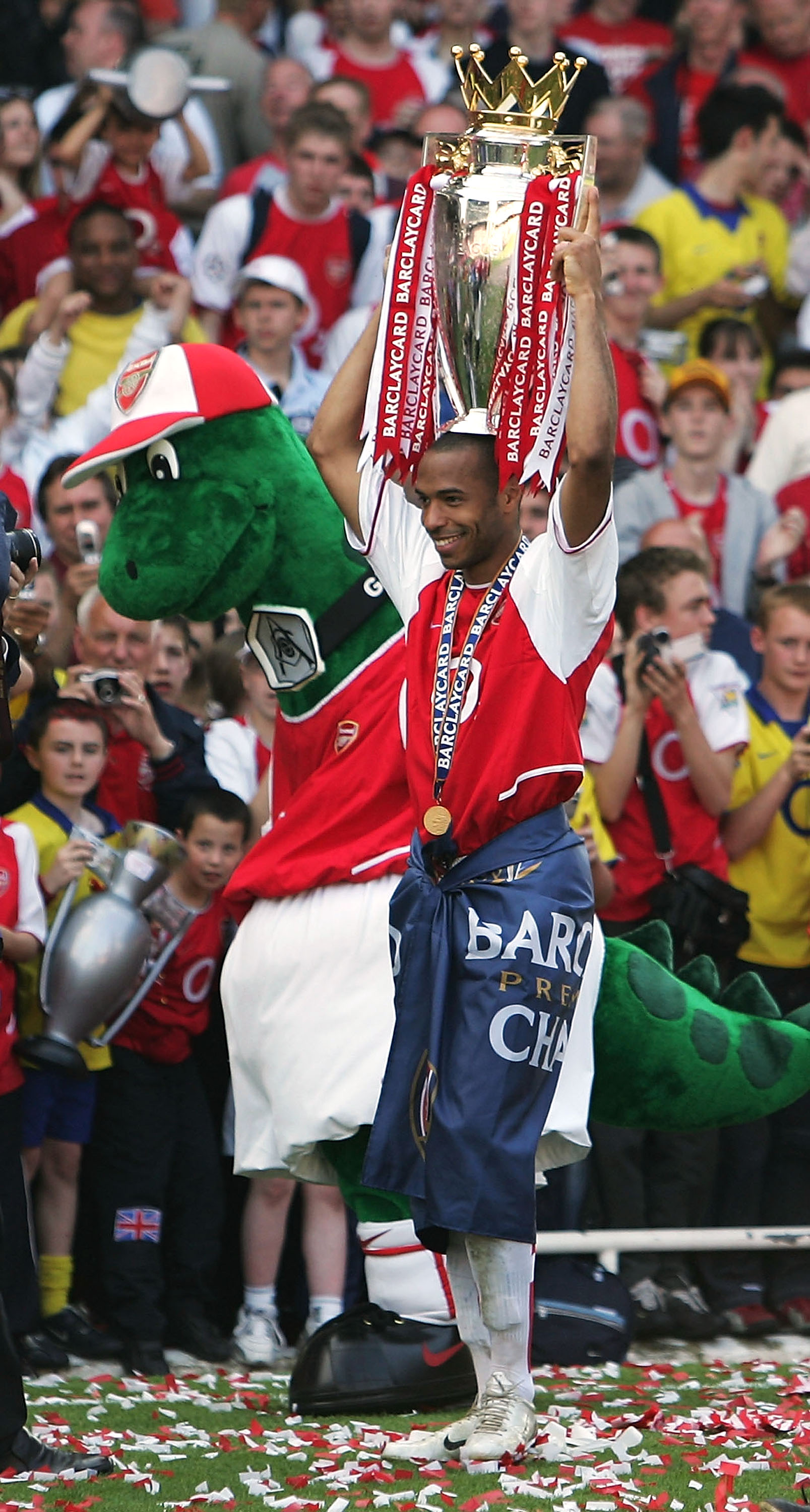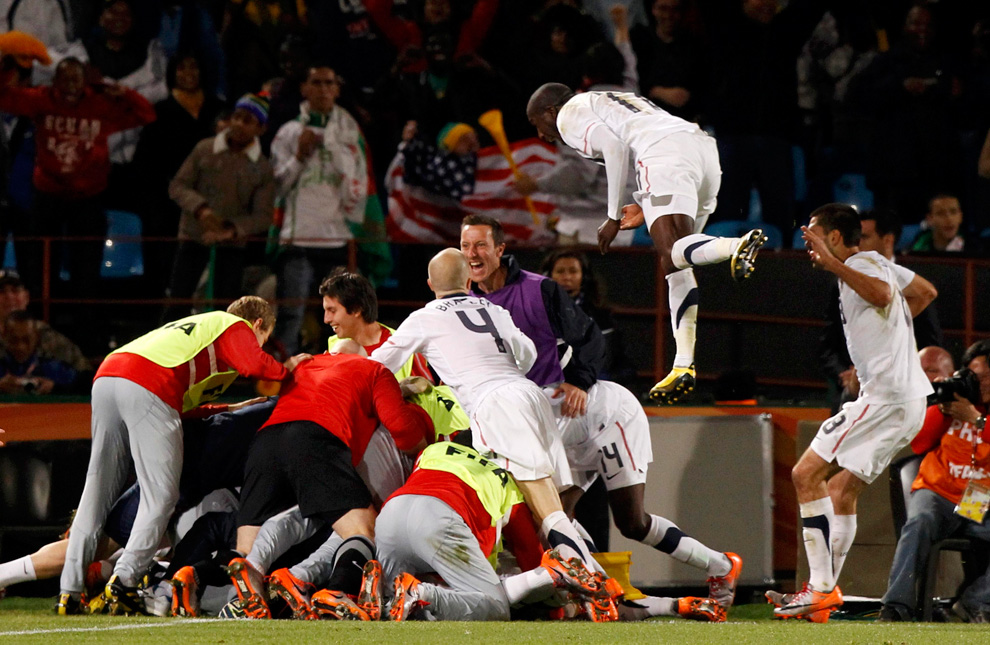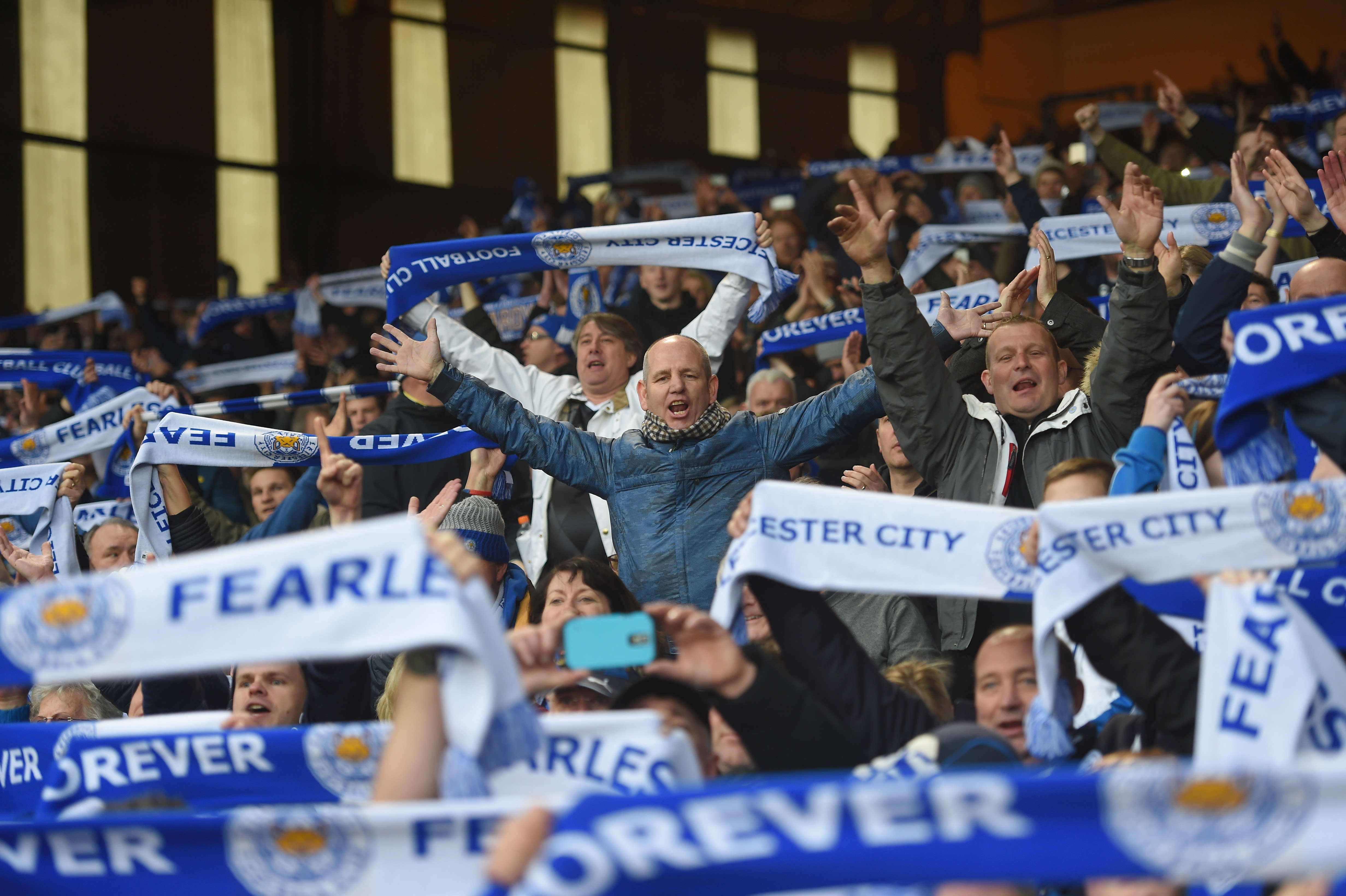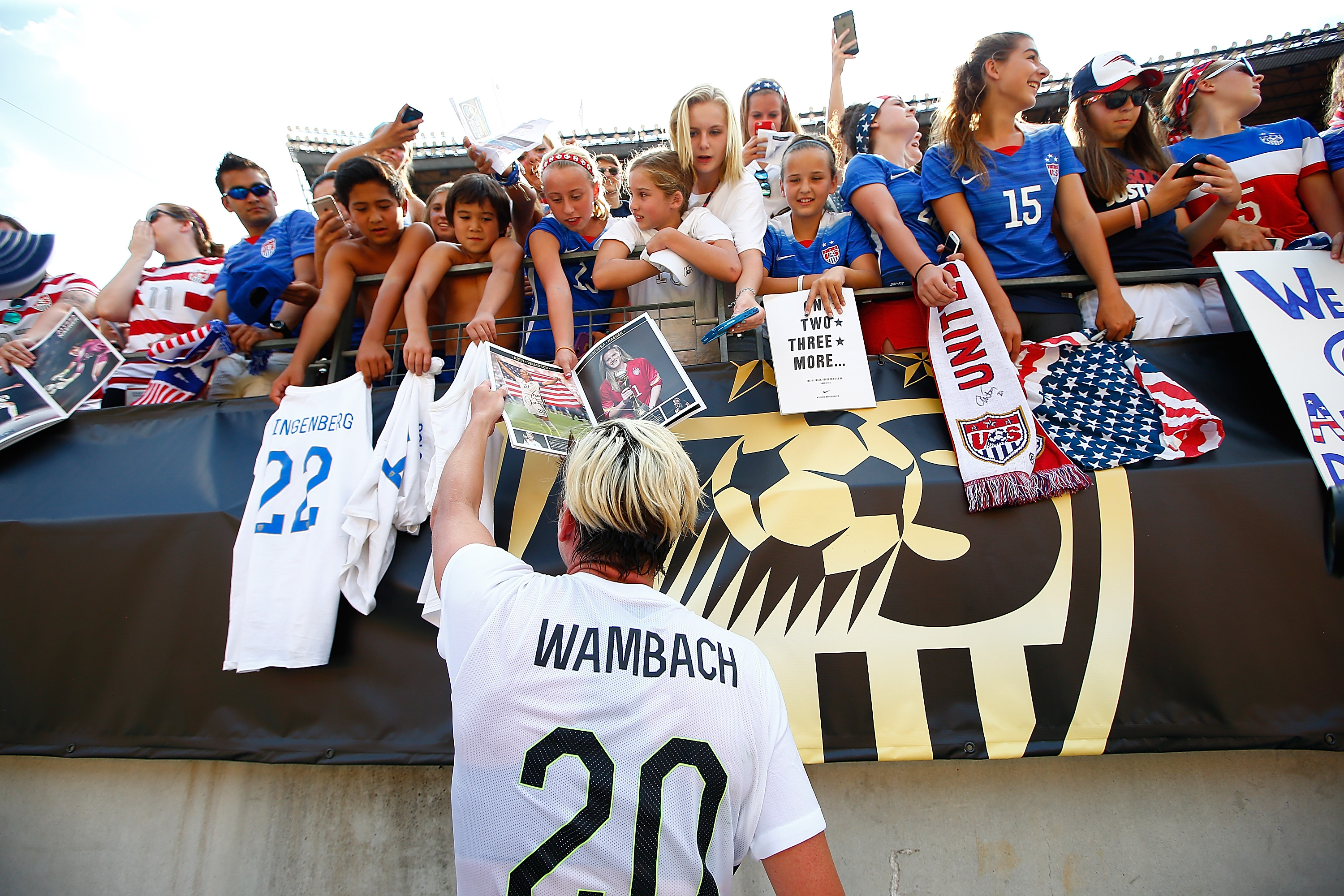Following a Premier League season that will be remembered for it’s remarkable twists, turns, and surprises perhaps the most remarkable thing of all is that the most polarizing question heading into the summer is whether or not the manager who led his team to a second place finish should return next season.
This season was Arsene Wenger’s 20th season in charge of Arsenal and the 20th time he guided the Gunners to a top four finish. Since Wenger took over the North London club no Premier League club has finished in the top four in each of those seasons besides Arsenal.
Whenever the Arsene Wenger era at Arsenal ends, he’ll go down as the second greatest Premier League manager ever behind Sir Alex Ferguson. Whoever is the third best will be a distant third.
And yet, after a season where he guided the Gunners to a second place finish, their first since moving from Highbury to the Emirates Stadium, and a 21st straight season finishing above archrivals Tottenham, Arsenal fans are torn over whether or not they want Wenger to return next year, with many fans wanting the board to make a change now.
When asked to explain their problems with Wenger the popular response seems to be along the lines of it’s just too many years of being disappointed at the end of the season and not reaching expectations.
Now listen, no one swings from one extreme of the “is Arsene Wenger a good manager” pendulum quite like I do. I go from ‘Wenger is wildly overrated’ to ‘Arsenal fans don’t understand how lucky they have things’ every five minutes and if I’m actually having a conversation about it I’ll inadvertently end up arguing both sides. It’s actually pretty fascinating.
But back to the issue at hand. Arsenal fans seem to end every season, especially the last 12, disappointed and upset that the team isn’t reaching their expectations. They blame this on Arsene Wenger, but perhaps maybe the real issue is that the fans expectations are too high to begin with – therefore reaching these high expectations is actually unrealistic?
Arsenal fans like to look at Arsenal as a member of the Premier League’s elite after winning three titles in a seven year span between 1998 and 2004. At the time, they were among the Premier League’s elite. They were one of three teams to have ever won the Premier League and one of two to have won it multiple times.
But that was then and this is now and the reality is Arsenal are no longer part of the Premier League’s elite. They’re a completely different team now and the only remnant of their last title winning team is their manager.
At this point, Arsenal are the Dallas Cowboys of the Premier League. The media and their fans expect them to compete for titles every year even though other than three or four stars in their team the rest of their roster is average at best.
NFL Head Coach Bill Parcells once famously said “you are what your record says you are.” When star baseball players start off a season slow, their managers and the media will remind fans not to worry as eventually the player will play to the back of their baseball card.
Arsene Wenger is exactly what his record says he is and is the definition of someone who plays to the back of their baseball card. In his 20 years in charge of Arsenal, Wenger has led the Gunners to just four seasons with 80 or more points. In those four seasons, Arsenal only won the title twice.
It does go both ways though. Are Arsenal fans wrong for thinking that Wenger should have won more titles during his time in charge? No, but a lot of that can be attributed to bad luck.
Wenger arrived in North London in the late 90’s and immediately began building a new Arsenal team. He brought in more than a few French players during an era where not only was France dominating international football, but there weren’t that many foreign players in the Premier League.

LONDON – MAY 15: Thierry Henry of Arsenal walks around the ground with the trophy on his head as he celebrates winning the Premiership during the FA Barclaycard Premiership match between Arsenal and Leicester City at Highbury on May 15, 2004 in London. (Photo by Clive Mason/Getty Images)
Eventually Wenger had built a juggernaut in North London. While the players all hit their peak in their 2004 undefeated season, they absolutely had another title run or two in them. Unfortunately, the following year along came Jose Mourinho and his Chelsea team that set a record for points in a season.
While Wenger still had a great team, he realized that for most of his players, their best days were behind them. He began slowly dismantling his team from the early ’00’s while bringing in a new batch of young stars including Cesc Fabregas, Robin van Persie, Samir Nasri, Nicklas Bendtner, and Emmanuel Adebayor.
By the start of the 2007 season, Wenger had another great team on his hands. Unfortunately this time he ran into the blossoming of the Wayne Rooney, Cristiano Ronaldo, Carlos Tevez Manchester United teams. Arsenal missed the title by four points in 2008 but finished third United and Chelsea who were the two best team in Europe that year. A year later they lost to United in the semifinals of the Champions League. It was just a matter of bad timing.
Eventually, with Arsenal dealing with financial constraints because of a new stadium, Wenger had trouble holding on to his best players. However, no matter who left, Wenger managed to take what he had and pull out a top four finish.
Other than some great teams in the early and late 2000’s, the squad that Arsene Wenger has had at Arsenal have been well, pretty crap. Yet no matter what, Wenger has pulled out 68-80 points and a top four finish.
If you ended up disappointed from that, well then maybe your expectations were too high.






